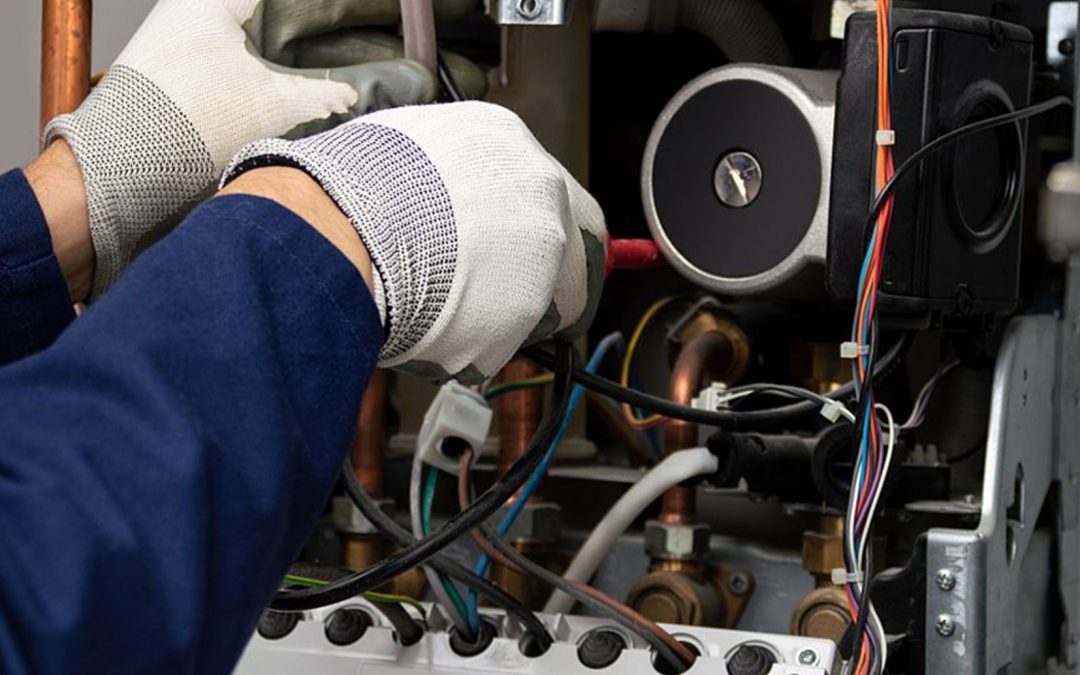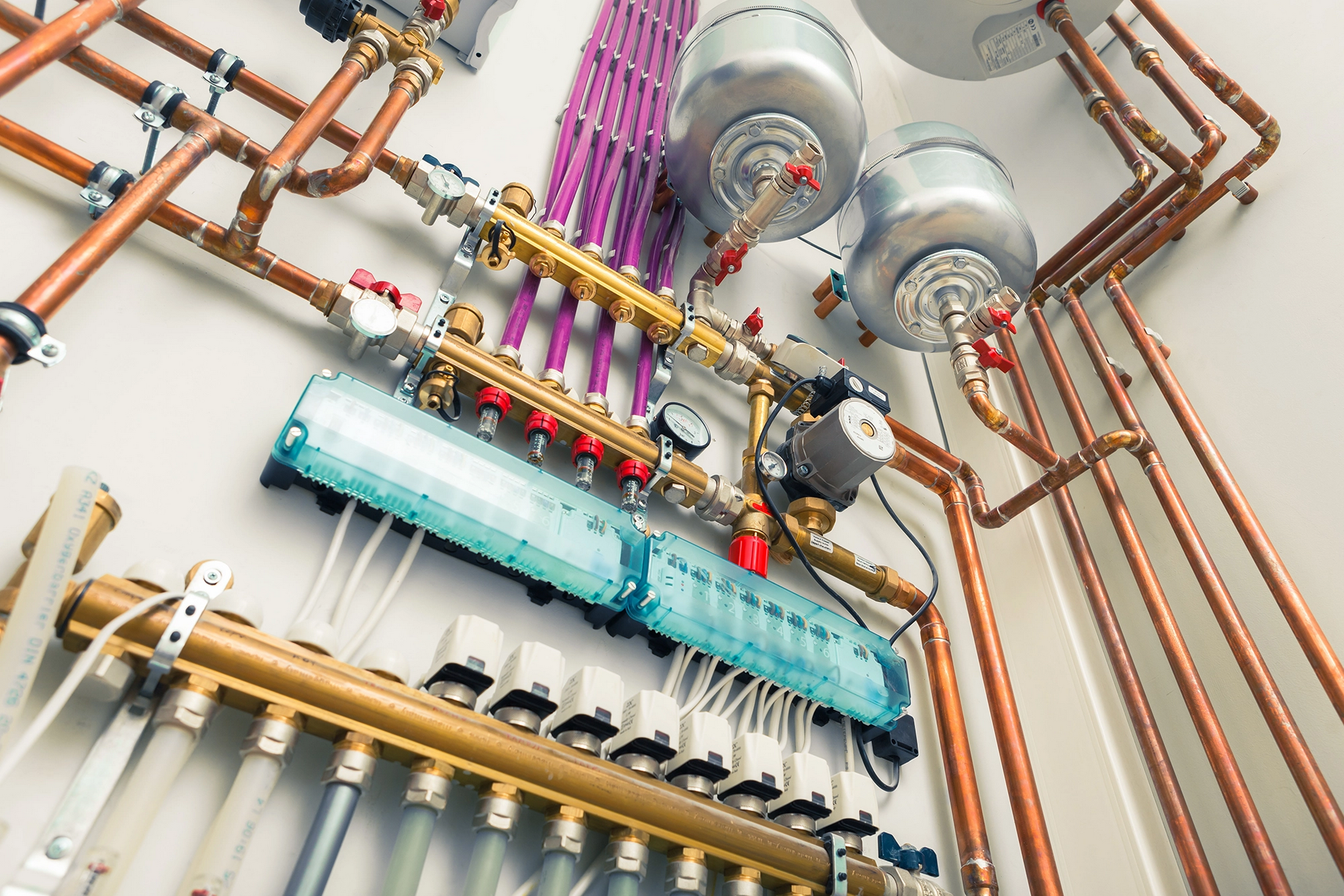
The Importance of Regular Gas Safety Checks
Any domestic gas appliance can produce carbon monoxide (CO), a highly poisonous gas which occurs when natural gas or liquid petroleum gas (LPG) doesn’t burn as it should. This is the result of a gas appliance being improperly fitted, repaired, or maintained, or when vents, flues or chimneys have become blocked – and that’s why it’s so important to have all of your gas appliances checked once a year by a Gas Safe registered engineer.
What are the risks of unsafe gas appliances?
The main risks that can arise from having an unsafe gas appliance in your home:
- Carbon monoxide poisoning – Carbon monoxide (CO) is a highly poisonous gas that can be especially deadly because you can’t see, taste or smell it.
- Gas leaks – A gas leak can cause fires or explosions. If you think you can smell gas, then you’ll need to call your emergency service provider immediately. During a gas safety check, a Gas Safe registered engineer will do a visual inspection of pipework and a tightness test to confirm there aren’t any gas leaks.
- Fires and explosions – Safe appliances burn gas in a controlled way, but a faulty appliance or pipework may leak gas which can then be ignited, causing a fire or explosion.
We also highly recommend getting your gas pipework inspected at the same time as your annual gas safety check. As a landlord it is also law to maintain pipework.
What is a gas safety check?
A gas safety check should only be performed by a qualified Gas Safe registered engineer, who will test your gas appliances to make sure they’re safe to continue operating in your home.
A gas appliance safety check ensures an appliance:
- Is properly set and adjusted so the gas burns correctly
- Is suitable for the room it’s located in
- Is physically stable, securely fitted and properly connected to the gas pipework
Your engineer will also make sure:
- There’s an adequate and permanent air supply that’s suitable for the appliance installed
- All safety devices are functioning properly
- Any flues, chimneys and air vents are operating correctly
This can be extended to a full gas installation safety check, in which the engineer will:
- Check the installation is in good condition by visually inspecting the pipework as far as reasonably practicable
- Test the gas pipework to make sure there are no leaks
CO can enter buildings through shared vents, so if you do live in a property with a shared flue or chimney, be sure to share responsibility with other residents to get these checked out annually.
For any advice contact Williams Heating Services at info@williams-heating.co.uk or 07786741135.



